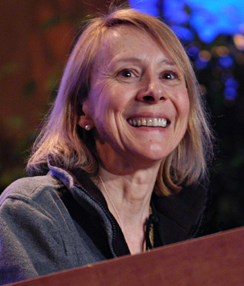Net Non-Neutrality in the Age of Social

Esther Dyson used to hold a high level, invitation-only conference each year in Scottsdale, AZ called PC Forum. The dates were always carved in stone on our calendar. The conference was acquired, but one of the last ones under Dyson’s auspices was at the dawn of the Age of Social, and the theme was Users in Charge. That was over a decade ago, and truth be told, Dyson is and always has been something of an optimist.
This past week, both Twitter and Facebook came under fire for censoring a NY Post article that they (baselessly) claimed was based on ‘hacked material.’
Once again, Senate to Subpoena Twitter CEO Over Blocking of Disputed Biden Articles, the Wall Street Journal (et al) reported.
